|
|
|
 Tunis city
Tunis city
Tunis, capital of Tunisia, is located in the northeast of the country, on the Mediterranean coast. Its geographical location, between the Western and Eastern Mediterranean, between Africa and Europe, gives it a leading administrative, commercial and financial role. Its population is estimated at 1.6 million.
Tunis was a
small Berber city, living in the shadow of the mighty Carthage. It began its rise in the 8th century when
Arabs made it a trading post. She grew around
of a medina, which still exists today, endowed with mosques...
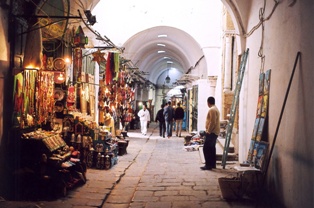
Souk El Attarine (Perfumes)
|
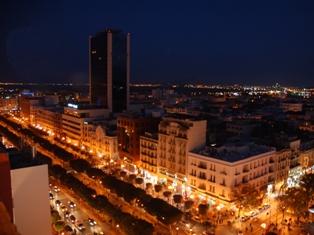
Habib Bourguiba avenue
... the most important of which is the Ezzeitouna Mosque. Ramparts were built as well as the citadel of the Kasbah to protect the city from the invaders. Its population has multiplied with the contribution of Muslim refugees and Jews fleeing Spain from the Inquisition.
Tunis is today a modern city with its old restored neighborhoods and a renovated city center. Transport is improved with the entry into service of the light rail, and the construction of wide roads joining its various arteries. Its airport Tunis - Carthage is resized to receive a traffic of
5.4 million passengers / year (2017).
|
|
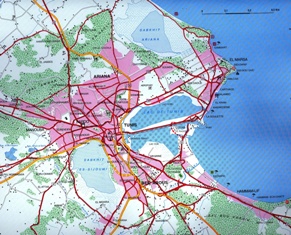
Map of Tunis and its suburbs |
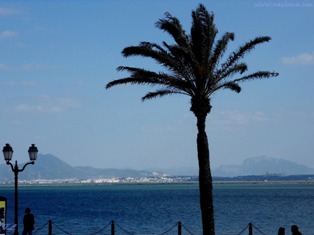
Lake of Tunis |
|
To visit
|
|
Medina of
Tunis
classified international heritage of Unesco since 1979, the picturesque medina was built in the seventh century.
- Ezzeitouna Mosque
- Youssef Dey Mosque, the first Ottoman mosque built in 1616
- the mausoleum Tourbet el-Bey
- the center of Art and Popular Traditions in Dar Ben
Abdallah
- Souk el-Attarine, perfumers market
- Souk el-Berka, specialized in jewelery
- Souk Essakajine, specialized in leather goods
- Souk El Blat, known for medicinal plants
- Hammouda Pasha Mosque
- Souk El Leffa: carpets and traditional clothes
|
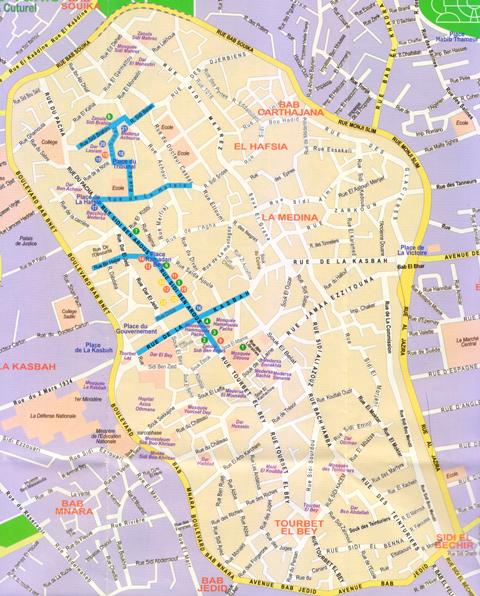
Click to enlarge the map of the Medina |
|
Kasbah of Tunis
Located at the top of the medina, it is the district
of the ministries and the public administrations. It admires the
architecture of the new town hall of Tunis and that of the mosque La
Kasbah.
The Kasbah is the oldest barracks in Tunis. Originally it was a
citadel. It was reinforced by the construction of a mosque, which
was originally called Almohad Mosque.
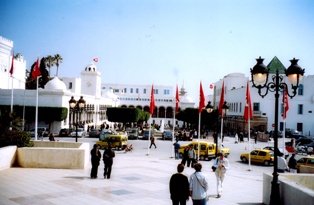
Government Square at the Kasbah
|
Bardo Museum
It holds the world's largest collection of mosaics
and antique artifacts from Tunisian prehistory to the early 20th
century. It is considered, along with that of Cairo, to be the
richest of the African continent and remains the first in the world
for its ancient mosaics.
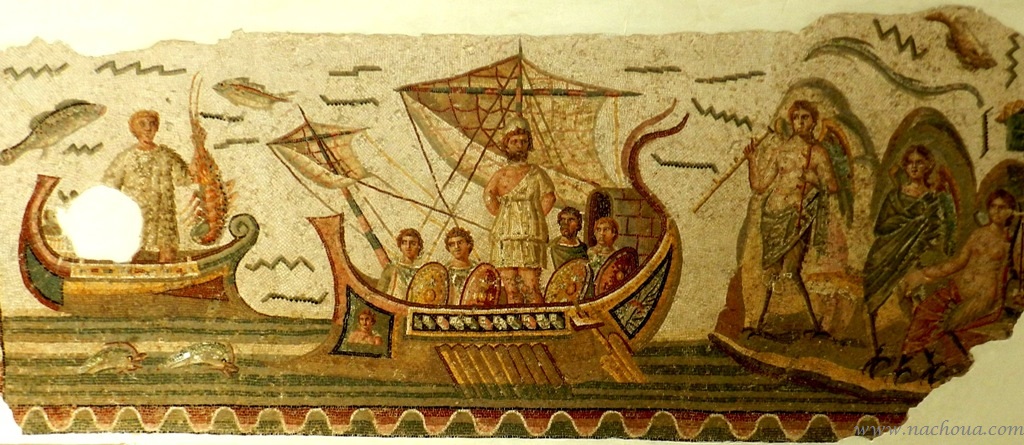
Mosaic depicting Ulysses and the Sirens
( Bardo
Museum)
|
|
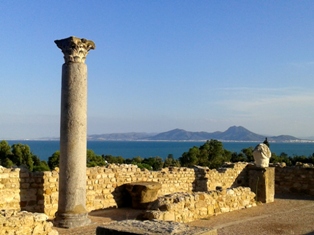
Carthage Byrsa
hill |
Carthage
- Byrsa Hill
- St. Louis Cathedral
- the national museum of Carthage
- the remains of the Roman amphitheater
- Antonin's thermal baths
- Punic ports in Salambo
- The Roman Circus
- Roman villas
- The Trophy Sanctuary, discovered in 1921
|
Sidi Bou Saïd
Former marabout village was once
dedicated to religion. In 1207, a mystic named Abu Said
Khalafa ben Yahia settled there to develop Sufism. Death
made him a saint and the hill of Sidi Bou Saïd became a high
place of spirituality.
|
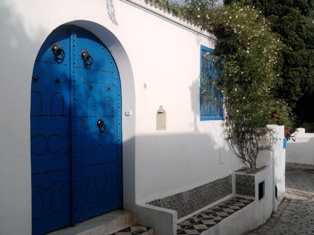 |
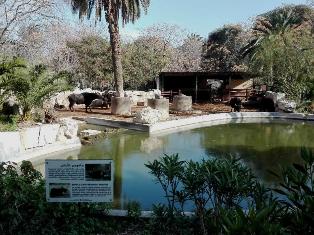
Belvedere Zoological Park |
Belvedere Zoo
The zoo is
located Belvedere, in the center of the city of Tunis, covering
an area of 12 hectares. It has a fairly varied fauna consisting
of mammals, birds and reptiles.
-Open every day from 9am except Monday
-Entrance (2018)
Children 0.700 dt
Adults 1,100 dt
Website:
https://www.commune-tunis.gov.tn/publish/content
|
|
Informations
|
Transport
|
Media
Art Galeries
Festivals
|
Useful
Links
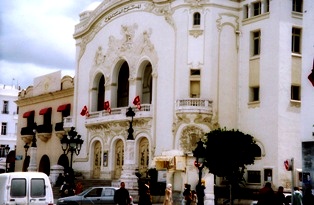
Tunis Municipal Theater
|
|
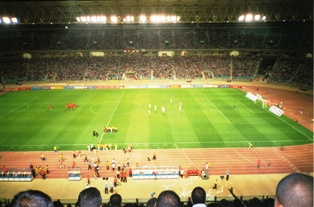
Stade de Radès
|
Football Clubs
|
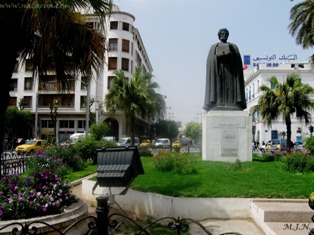
Independence Square
|
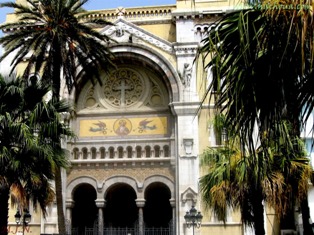
The big cathedral of Tunis
|
|
|